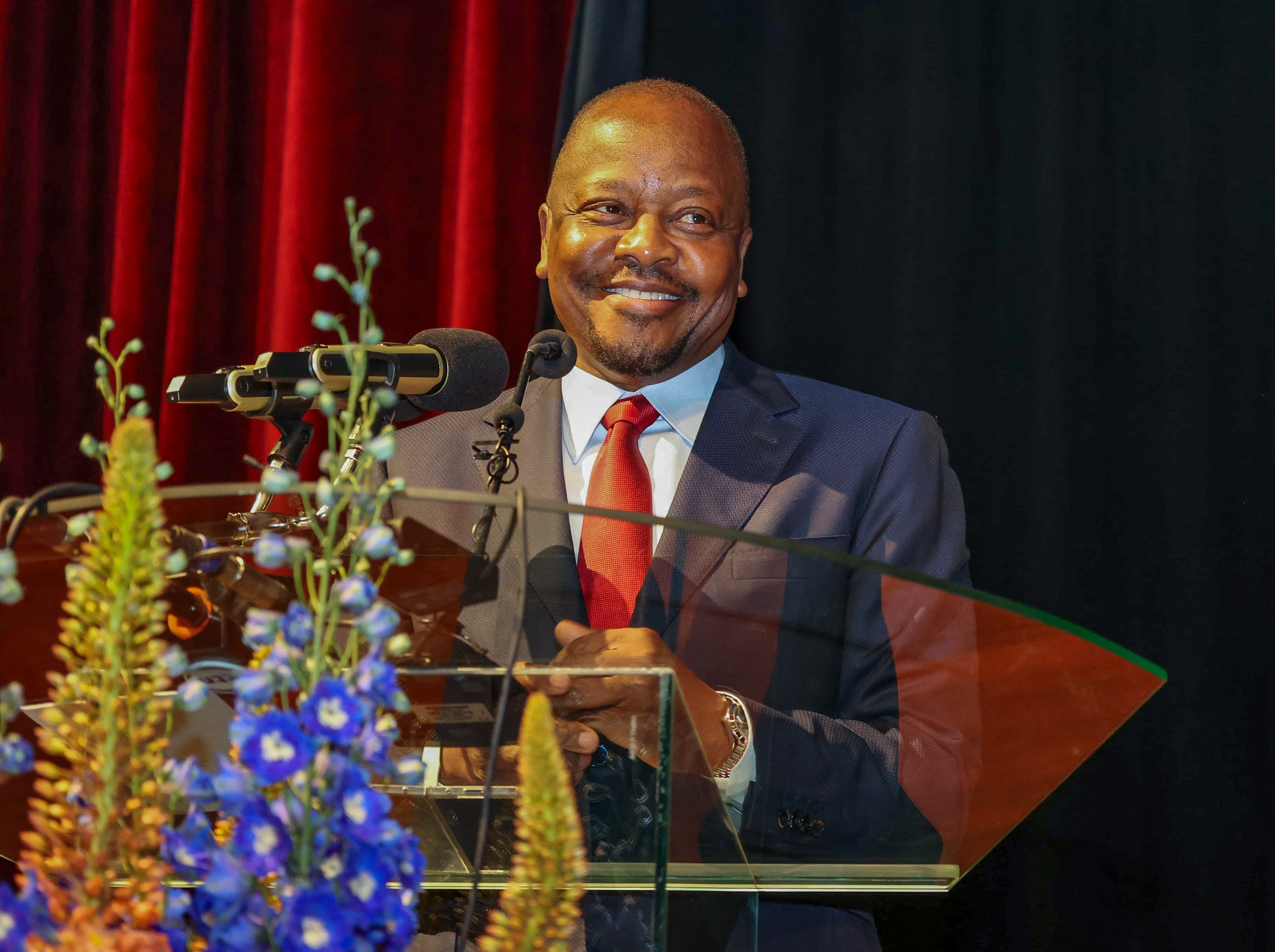

Agriculture Cabinet Secretary Mutahi Kagwe has reaffirmed the government’s
commitment to maintaining Kenya’s global leadership in floriculture, urging
innovation, inclusivity, and sustainability.
Kagwe hailed the floriculture sector as a "global success story"
that contributes over Sh100 billion annually to the economy, creates 200,000
direct jobs, and sustains more than a million livelihoods.
"Kenya is not just in the flower business —
we lead it,” Kagwe said.
“But we must do more, go farther,
with much less. This is a timely call to action.”
The CS spoke on Tuesday during the official opening of the 13th International
Floriculture Trade Expo (IFTEX) at Oshwal Centre in Westlands, Nairobi.
He emphasised the need to integrate small-scale farmers into the
floriculture value chain through cooperatives, aggregation parks, and targeted
subsidies, saying it would diversify products, enhance sustainability, and lift
more households out of poverty.
Kagwe also spotlighted climate-smart
innovations like water-saving irrigation, renewable energy use, and reduced
carbon emissions, noting that Kenya’s industry is already adopting the Kenya
Flower Council’s Flowers and Ornamentals Sustainability Standard (KFOSS).
He announced major plans to modernize the
Kenya School of Agriculture (KSA), including introducing training in drone use,
artificial intelligence, and data-driven farming.
“The future of Kenyan agriculture is
a tech-savvy, youthful farmer living profitably from their skills,” he said.
On trade challenges, the CS acknowledged
industry concerns over high freight costs, illegal cess fees, and compliance
with new EU regulations.
He said his ministry, alongside Trade
CS Lee Kinyanjui, is engaging various state agencies and international partners
to resolve bottlenecks and ease market access.
A key issue is compliance with the EU’s new
False Coddling Moth (FCM) regulation, which affects exports of fresh-cut roses.
Kagwe revealed that Kenya’s regulatory agencies have already rolled out a
validated FCM Systems Approach to meet the new rules, but added that further
support, especially for small-scale growers,is critical.
He also welcomed the presence of the UAE
Ambassador to Kenya, noting the importance of the Comprehensive Economic
Partnership Agreement signed in January 2025.
“The UAE is our third-largest trading partner. We intend to leverage this to
grow our agricultural exports and attract investment,” he stated.
Kagwe concluded with a rallying call for
stronger public-private collaboration, deeper international partnerships, and
continuous innovation to secure Kenya’s floriculture future.
“To
every grower, exporter, and stakeholder: You are the architects of Kenya’s floral
empire. Let’s keep building, bigger, smarter, and more sustainably,” he said
















